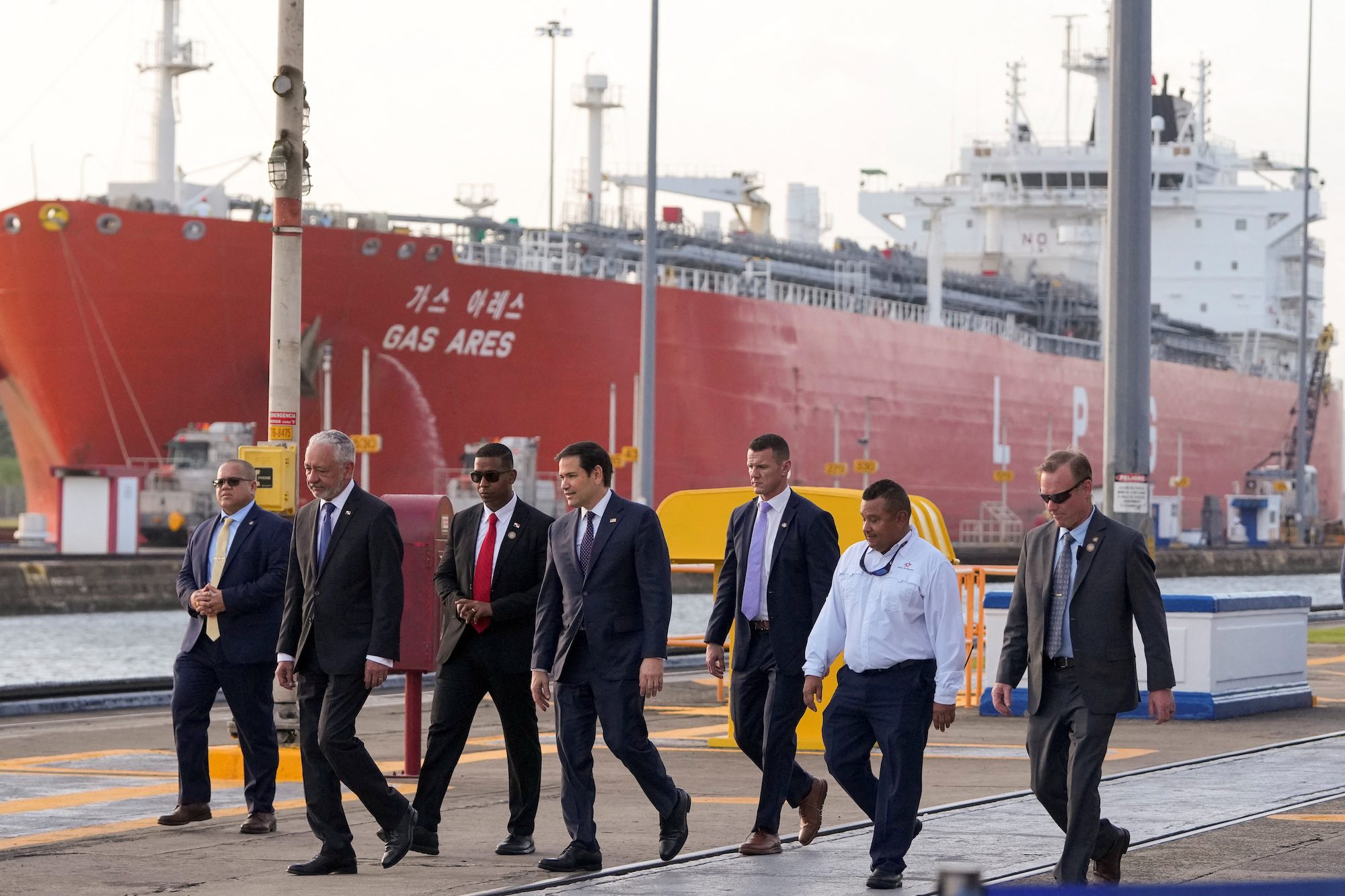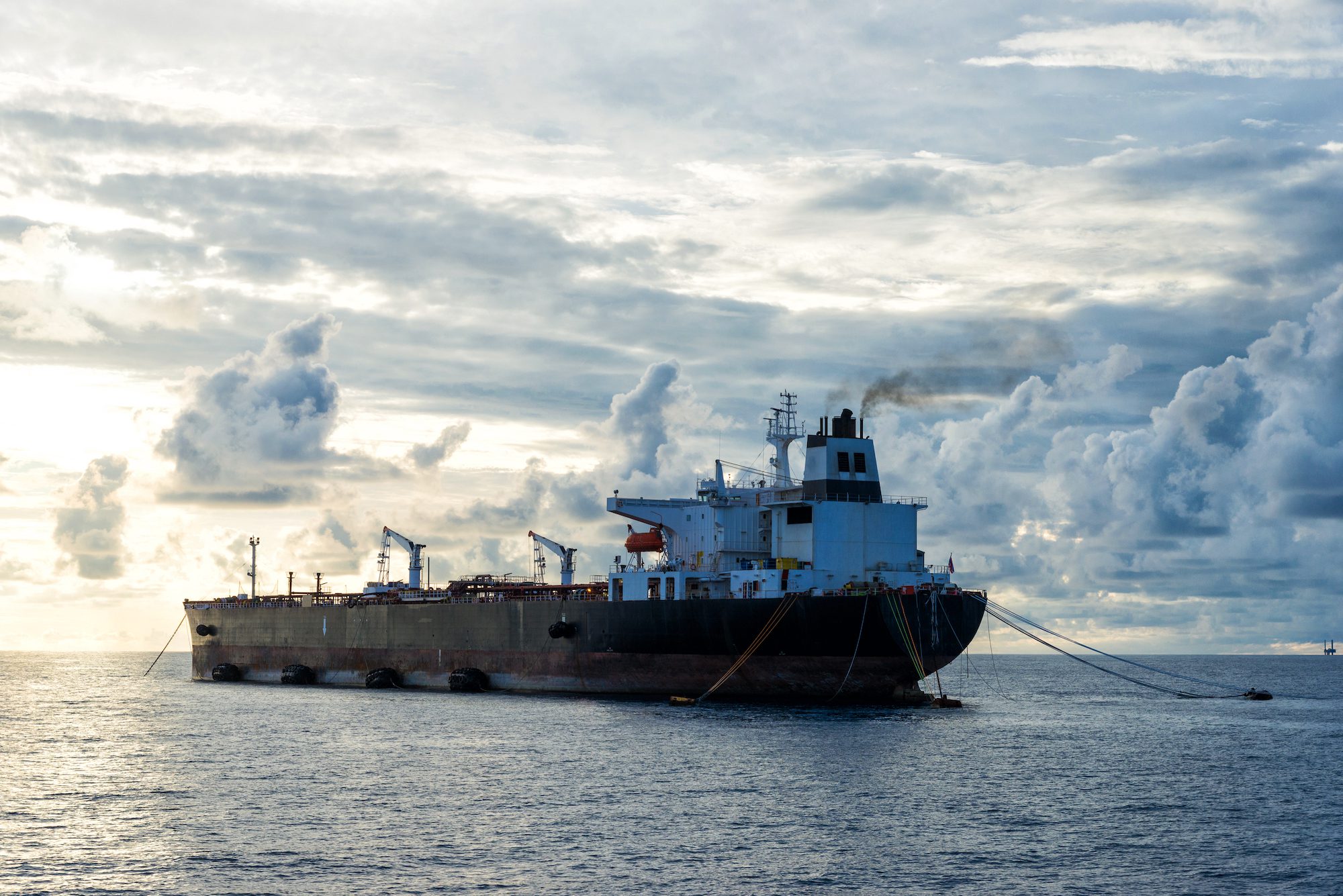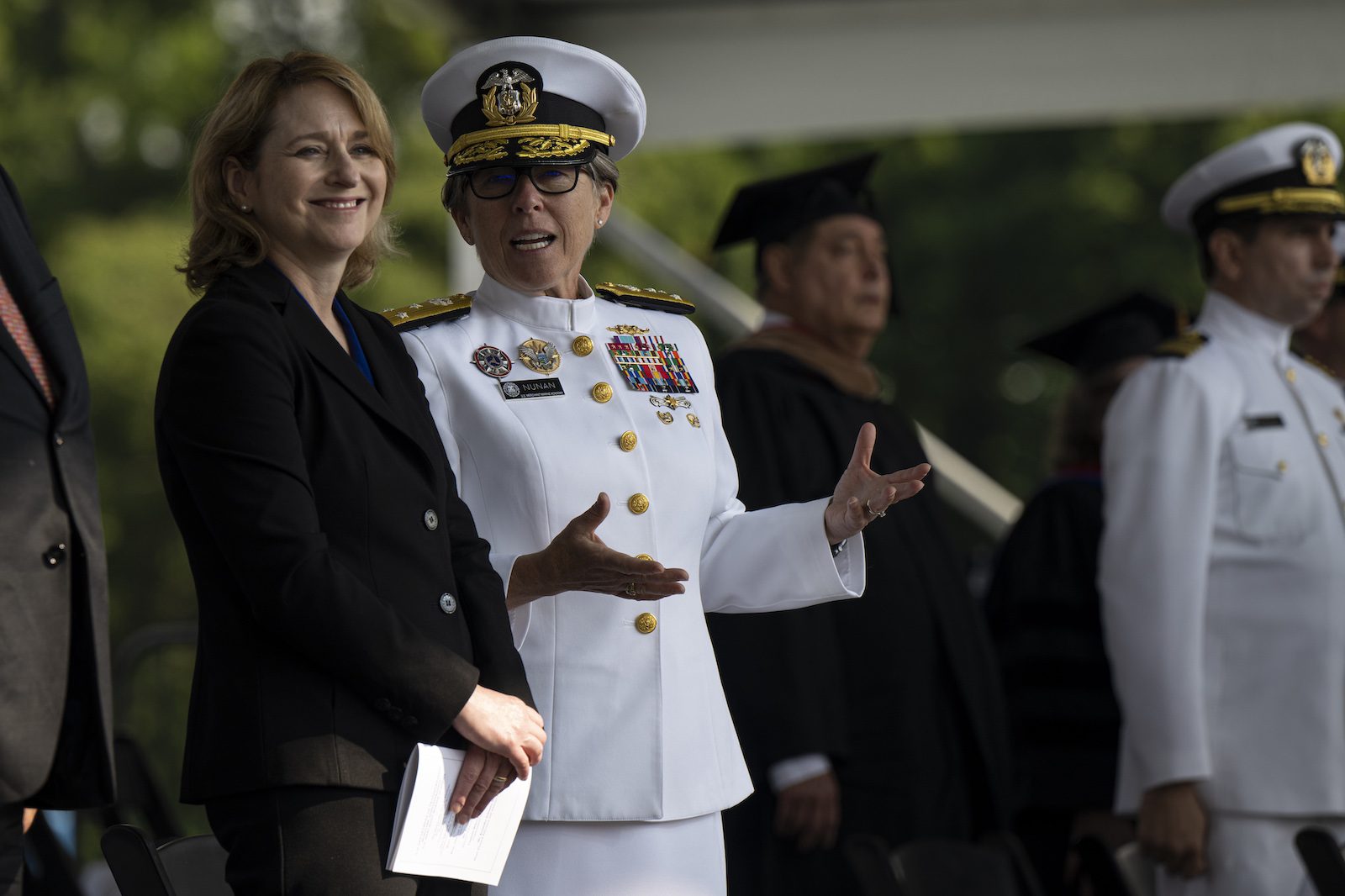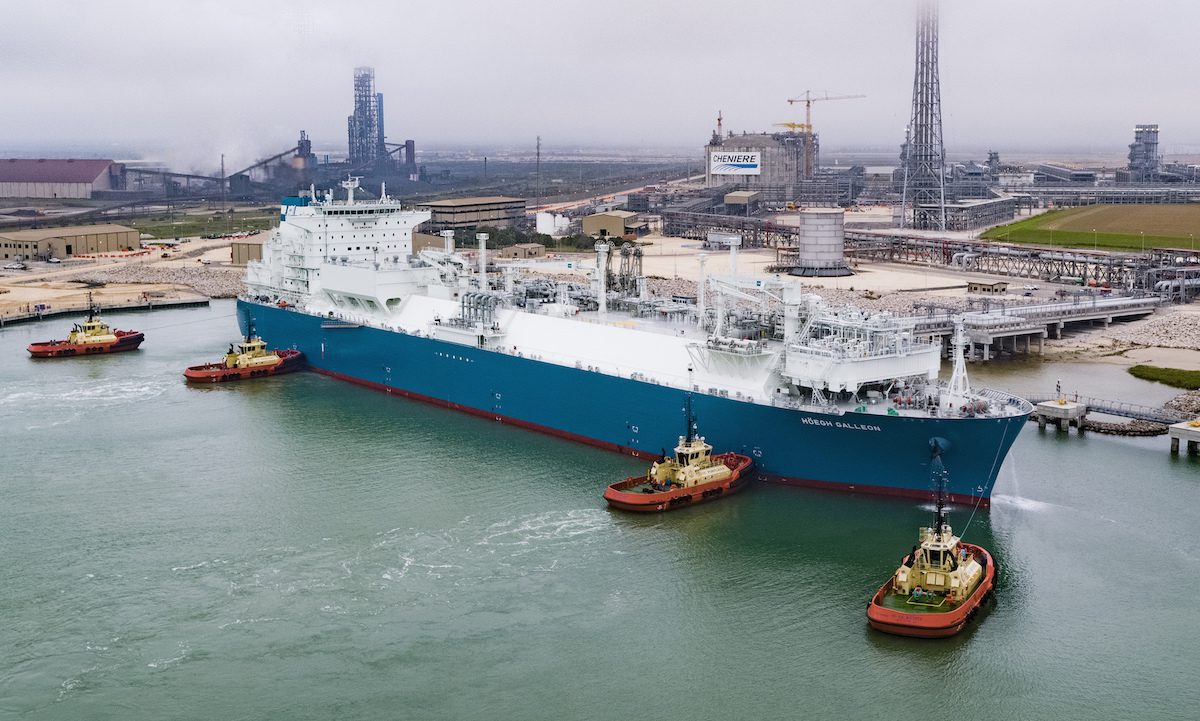With President Trump back in office, political rhetoric around expanding U.S. influence and securing key geopolitical assets has intensified. Recent claims about Chinese control of the Panama Canal and alleged discrimination against American vessels have stirred debate among shipping insiders and the public alike. During his January 2025 inaugural address, Trump alleged that “American ships are being severely overcharged and not treated fairly” and claimed “China is operating the canal.”
But do these claims hold water?
The Reality of Panama Canal Tolls
Maritime expert John McCown points out that the canal’s toll structure strictly adheres to anti-discrimination requirements established by the 1977 Neutrality Treaty between Panama and the U.S. In a recent editorial published by the Center for Maritime Strategy, McCown explains that while toll rates have risen significantly since Panama assumed control from the U.S. in 1999, these changes reflect necessary infrastructure investments—most notably the 2016 expansion project to accommodate larger ships.
“The expansion under Panamanian management required recovering significant additional capital and operating costs,” McCown explains. “As ships became larger, tolls increased even when the underlying pricing metrics remained flat.”
McCown provides further context for the increase in tolls, which had risen from $43,837 on average in 1999 to $237,711 on average in 2023. However, relative costs tell a different story. “The current overall canal toll for container ships is around $95 per loaded twenty-foot equivalent unit, or TEU. To put that into perspective, with an average cargo value of $54,493 per TEU, those canal toll costs add an inconsequential 0.17 percent to the cost of delivered goods,” McCown writes.
Strategic Importance to the U.S. Military
Trump’s assertion that the Panama Canal is critical for U.S. naval operations also lacks support. According to McCown, the U.S. Navy has conducted only five warship transits in the past eight years, reflecting its diminished reliance on the canal. The modern aircraft carriers that form the backbone of U.S. naval power—the Nimitz and Ford-class—are too large to transit the canal.
“A tangible indication that the Panama Canal is no longer relevant to the U.S. Navy is that its ships almost never use it,” McCown states. “The absence of ongoing naval usage underscores that it is not considered important in terms of national security.”
U.S. Commercial Shipping and Chinese Influence
From a commercial standpoint, the Panama Canal remains vital for U.S. trade, as 75% of the cargo moving through the canal is tied to the United States. However, McCown highlights that U.S.-flagged vessels make up an insignificant portion of traffic—only 27 of the 14,080 transits in 2023 were by U.S.-flagged merchant ships.
As for concerns about Chinese influence, McCown clarifies that China does not control the canal. Instead, the focus is on Chinese-operated port terminals, not the Panama Canal Authority, the independent agency of the Panamanian government that is responsible for the operation and management of the canal. CK Hutchison Holdings, a Hong Kong-based multinational, operates two terminals on either ends of canal, but McCown emphasizes that the company has no ownership ties to the Chinese government. Additionally, these long-term leases were secured in 1997, before Panama assumed canal management, and renewed in 2021.
A separate study by project44, which analyzed hundreds of thousands of shipments over 13 months, found no evidence of national favoritism in canal operations. In fact, carriers from France, Singapore, Germany, South Korea, and Hong Kong consistently achieved better transit times than Chinese carriers.
The Political Debate
During a recent Senate Commerce Committee hearing, Sen. Ted Cruz (R-Texas) expressed alarm over China’s role in Panama’s Fourth Bridge project, which is being built by Chinese state-owned companies. Cruz argued this infrastructure control, combined with CK Hutchison operations in Panama, could give China leverage over canal access.
However, McCown dismisses this as speculative in a statement to gCaptain. “The idea that closing the Panama Canal would significantly impact U.S. military capability or the economy is unfounded,” he asserts, noting that such a move would also hurt China, which relies heavily on the canal for trade. He added that Panama’s participation in China’s Belt & Road Initiative is not, by itself, a national security concern.
Instead of focusing on Panama, McCown suggests the U.S. should prioritize strengthening its own maritime capabilities, including bolstering the U.S.-flag fleet and developing a comprehensive national port strategy.
“The actual facts demonstrate that the world’s greatest maritime infrastructure project continues to benefit the United States more than any other country,” McCown concludes. “From a maritime perspective, further benefits from ‘taking back’ the Panama Canal are illusory.”

 Join The Club
Join The Club











